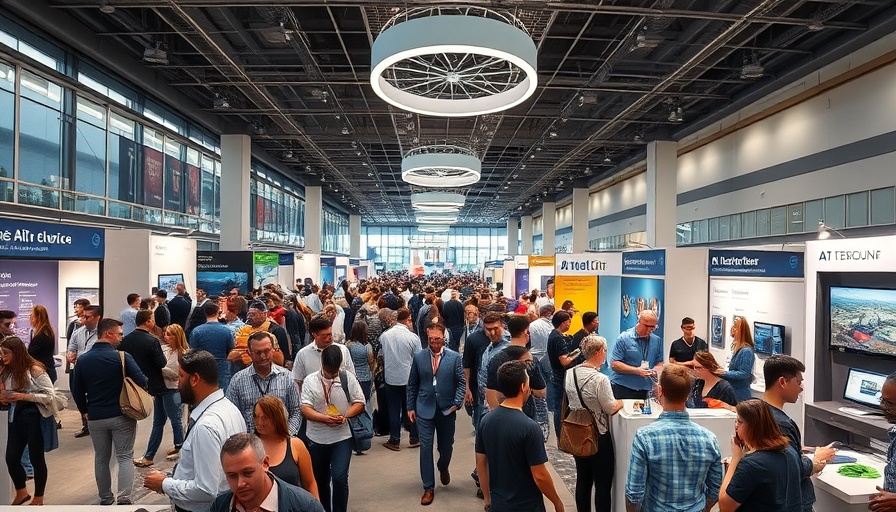
Artificial intelligence (AI) is set to revolutionize the workforce, according to a recent report by the Tony Blair Institute (TBI). This evolution might bring about increased productivity, with AI taking over routine tasks, which can save nearly a quarter of private-sector workforce time, equivalent to the annual output of 6 million workers. However, the transition also poses challenges, such as initial job displacement and the need for emerging industries to create new roles.
Economic Opportunities: Harnessing AI for Productivity Gains
The TBI report highlights significant economic opportunities AI presents, especially in sectors heavily reliant on cognitive tasks like banking and finance. By automating data analysis and routine administration, AI can free substantial workforce time, redirecting human effort towards more strategic roles. This transformation echoes past technological shifts, where new technologies eventually led to more diverse and innovative employment landscapes.
Educational Impacts: AI as a Catalyst for Learning Enhancement
Beyond productivity, AI holds the potential to reshape educational experiences. The report suggests that AI’s capacity for personalized learning could raise overall educational attainment by about six percent. For educational leaders, these insights underscore the value in incorporating AI to foster more tailored and efficient learning experiences, equipping future talent with deskilled expertise needed in an AI-driven economy.
Health and Wellbeing: AI's Role in Workforce Support
Healthcare too stands to benefit from AI’s capabilities. AI tools can accelerate medical research, foster preventive care, and aid workforce re-entry for those with disabilities, thus supporting a healthier, more inclusive workforce. Decision-makers can look to these developments to streamline healthcare delivery while reducing welfare costs, contributing to overall employee well-being and productivity.
Future Predictions and Trends: Preparing for AI Integration
Looking ahead, the report calls for policy shifts to fully leverage AI benefits. It advocates for incentivizing AI adoption and creating AI-pathfinder programs. Executives and industry leaders are encouraged to adopt a 'pro-innovation' stance while remaining vigilant to associated risks, paving the way for a dynamic and resilient economy.
As AI continues to develop, the need for strategic integration within business operations becomes increasingly critical. By fostering an innovative yet cautious approach, organizations can harness AI's full potential, driving growth and resilience amid transformative times.
Learn More: For more in-depth insights into how AI is transforming industries and the workforce, visit https://bit.ly/MIKE-CHAT.
Source: For further details, explore the full Tony Blair Institute report at https://www.artificialintelligence-news.com/news/understanding-ai-impact-on-the-workforce/?utm_source=rss&utm_medium=rss&utm_campaign=understanding-ai-impact-on-the-workforce.
 Add Row
Add Row  Add
Add 




Write A Comment